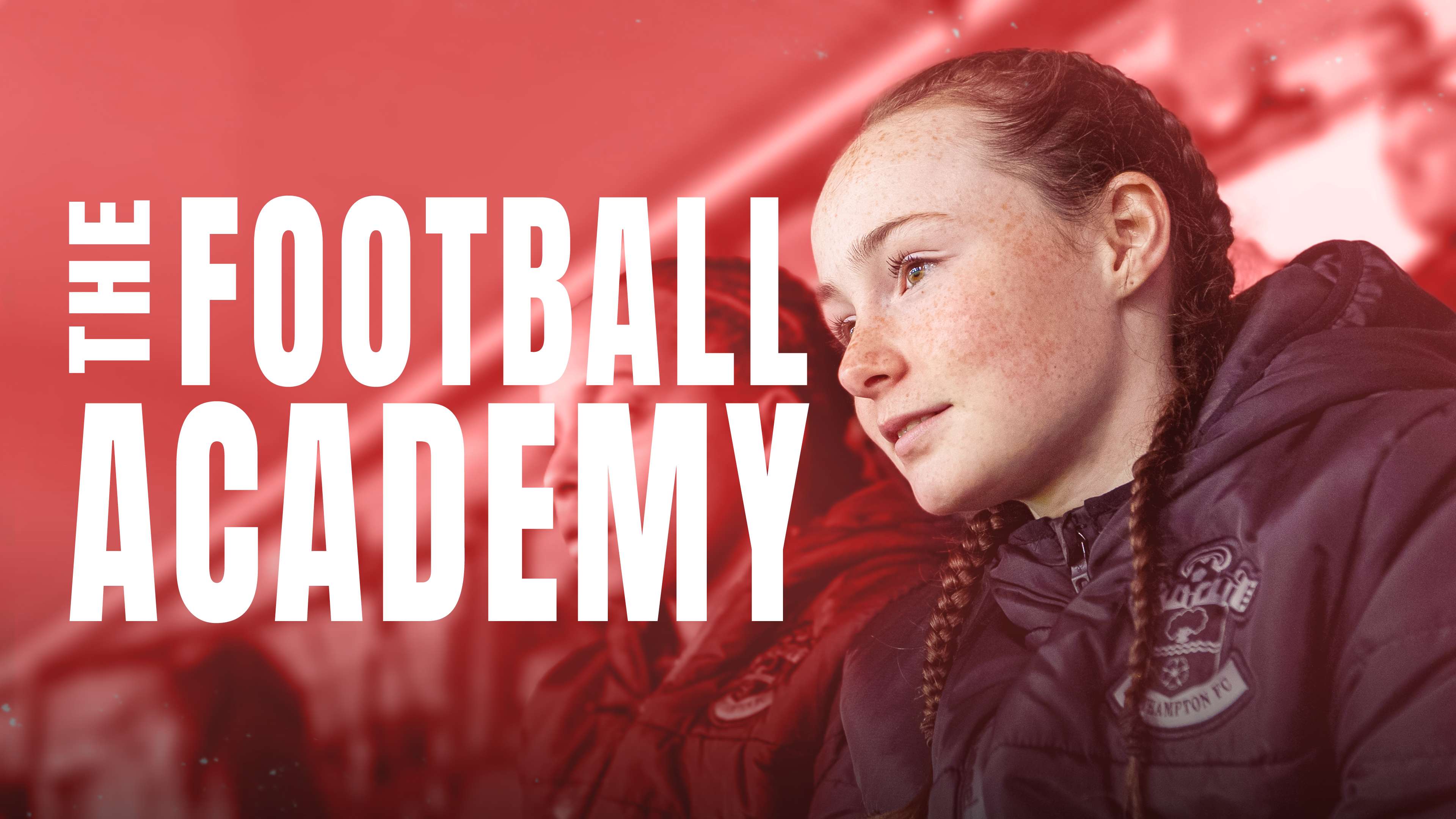On a new edition of the Footballco Business Podcast, regular host Alex Manby was joined by some of those responsible for the show to find out how to create football content for young fans and why the south-coast club was perfect for the show.
The guests were Kez Margrie, Commissioning Editor at BBC Children’s, Andy Scott, Director at Baby Wolf Productions, Andy Goldie, Academy Director at Southampton Football Club, and Charlie Boss, the club's Chief Commercial Officer.
Listen to the full show below, or click here to download.
Football club documentaries and docuseries are not new, and since the likes of Netflix and Disney+ have seen their value, there has been an influx of shows with ambitions to be the next Sunderland 'Til I Die or Welcome to Wrexham.
Few of these are aimed at the youngest fans, a market well catered for and understood by the BBC's CBBC brand. However, creating a show for young children takes more than just showing young children on screen.
Kez Margrie is Commissioning Editor for CBBC's factual programmes and documentaries and worked on The Football Academy. With a long history the broadcaster, she’s well aware of what young viewers want to see.
"There are so many demands on children's time, including lots of other media," Margrie told the Footballco Business Podcast. "So going right back to the decision to commission, [it] was based around what will bring children to it?
 CBBC
CBBC"So, football, obviously, being a big sport for kids, was why we commissioned it. We also bring in people on TikTok, influencers who are good at football, or faces that children will know from the football world, just to encourage children to come to the show.
"And we like to show children themselves reflected back on screen. So, another reason for coming to Southampton was because it's got a lot of different kids from different backgrounds. So that was also a decision around bringing more kids to it. Also the pace of cutting - I think you'll find that the way that we cut, the number of shots that we include, the amounts of different tracks of music... bringing some fun into it."
The fun extended to the show's voiceover, supplied by comedian and presenter Alan Carr, whose father had a career as a player and a manager between the 1970s and 90s.
"Alan Carr does a brilliant job on the voiceover, just making it funny because we know that children love to laugh and seek out fun stuff all the time," Margrie added. "So it's really important that we weren't making this a serious, heavy documentary about the difficulties of being in a football academy.
"You'll see from the end of every episode there is a positive outcome. And that's really important for us to show that you can go through tough times, but you can also come out the other end. We can't control whether Southampton is going to win a match or not, but what we can control is the way we tell that story to make it accessible to young children. And to keep the kind of hope and the fun of it all within the series."
 CBBC
CBBCWhen Margrie mentions the diversity of children at Southampton's academy, she's referring to the club's para-team as well as the other children featured.
"It was partly, again, why we worked with Southampton because they have a para-team, because I know not all clubs do. And the inclusivity of sport is really important for us to show where it happens.
"We know that there's a real crisis at the moment with children spending too much time on phones and indoors and not getting out. So, to be able to show that it's possible to join teams, no matter what, was really important to us. And also to tell those stories.
"So many disabled children are kind of put into a box, particularly if a viewer doesn't know a disabled child or doesn't have a friend who is disabled. So it was very important to us to tell their stories in as involved a way as we tell all the other stories so that you could get a sense that these kids are great and they're just like me."


